The Portuguese wordbaroco, meaning misshapen or flawed pearl, is closest to the origin of the movement.
It means celebrating the unlikeliness of a work as well as designing surprise and awe into a piece.
In architecture, Baroque means complexity and ornamentation that creates a sense of wonder.
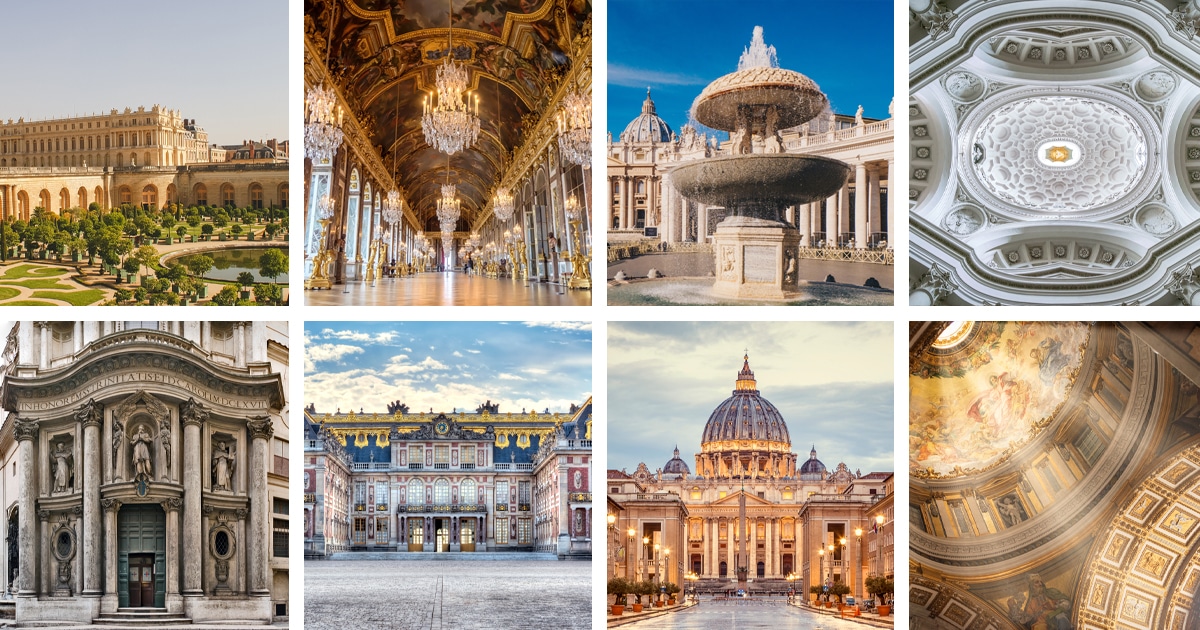
Left to Right: Palace of Versailles Exterior, Palace of Versailles Interior, Fountain at St. Peter’s Square, San Carlo alle Quattro Fontane Interior, San Carlo alle Quattro Fontane Exterior, Palace of Versailles Exterior, San Carlo alle Quattro Fontane Exterior, St. Peter’s Basilica Interior
You may just find the next destination on your travel bucket list.
Characteristics of Baroque Architecture
It is difficult to separate Baroque architecture from art and sculpture.
This theme is also the reason for other characteristics like ornamentation or curves.
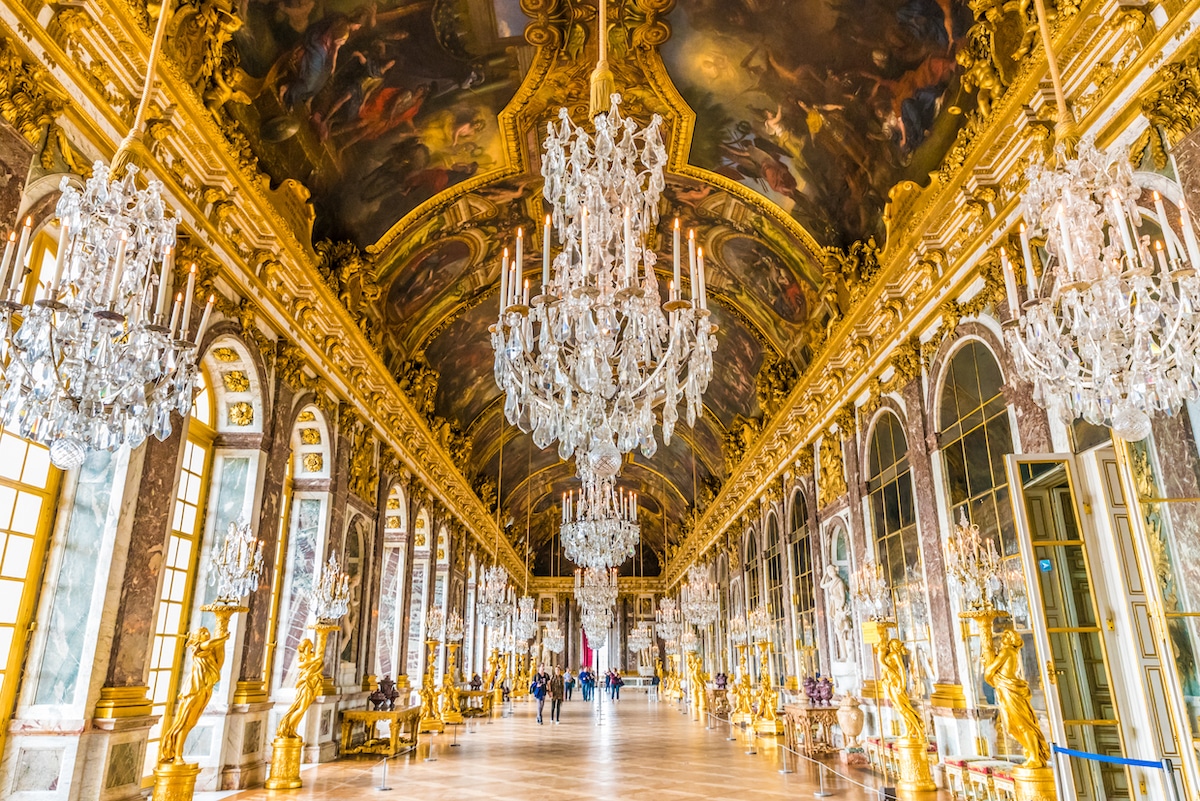
(Photo:Stock Photosfrom Takashi Images/Shutterstock)
These movements regularly occur in grand facades and are often concave entrances or places of statues.
Baroque interiors are certainly complex.
One example of this interior ornamentation is acartouche.
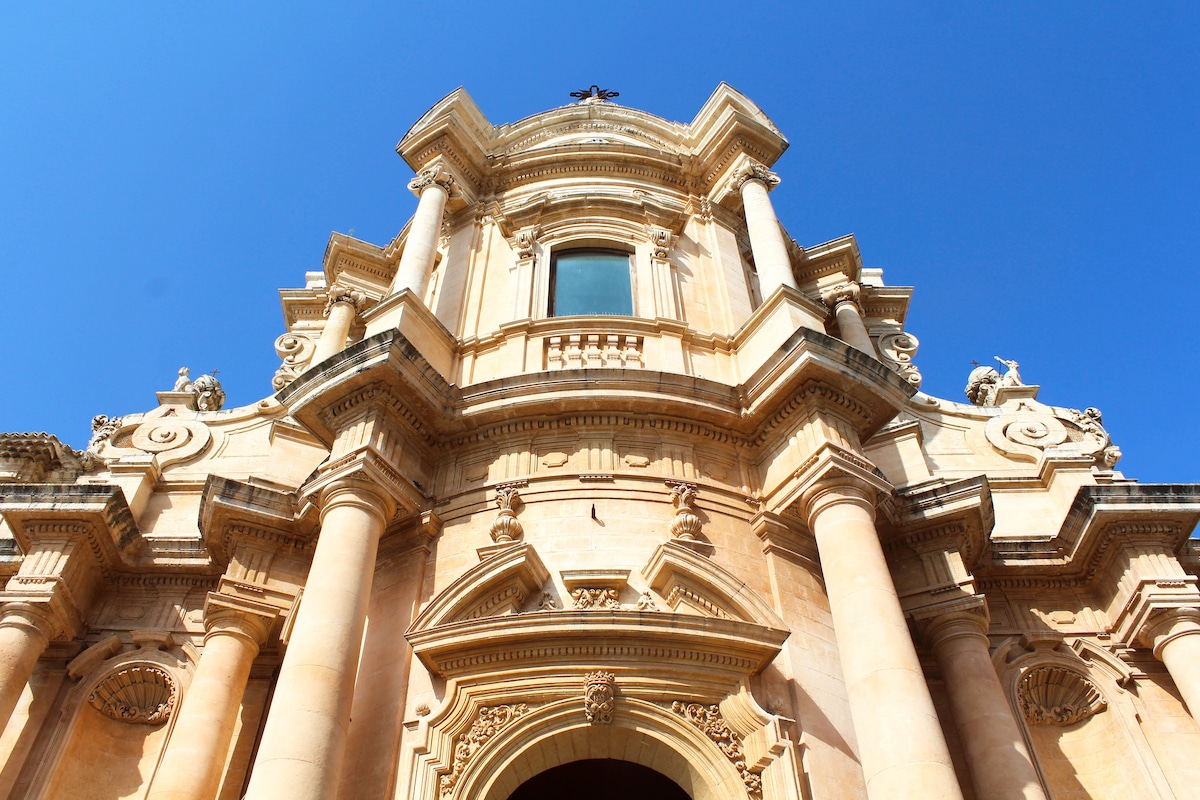
(Photo:Stock Photosfrom MisterStock/Shutterstock)
These were decorative sculptural elements that add to the complexity of interior spaces.
Other common depictions used include weapons, trophies, fruit, and cherubs.
The ceilings were also painted in Baroque-style art.
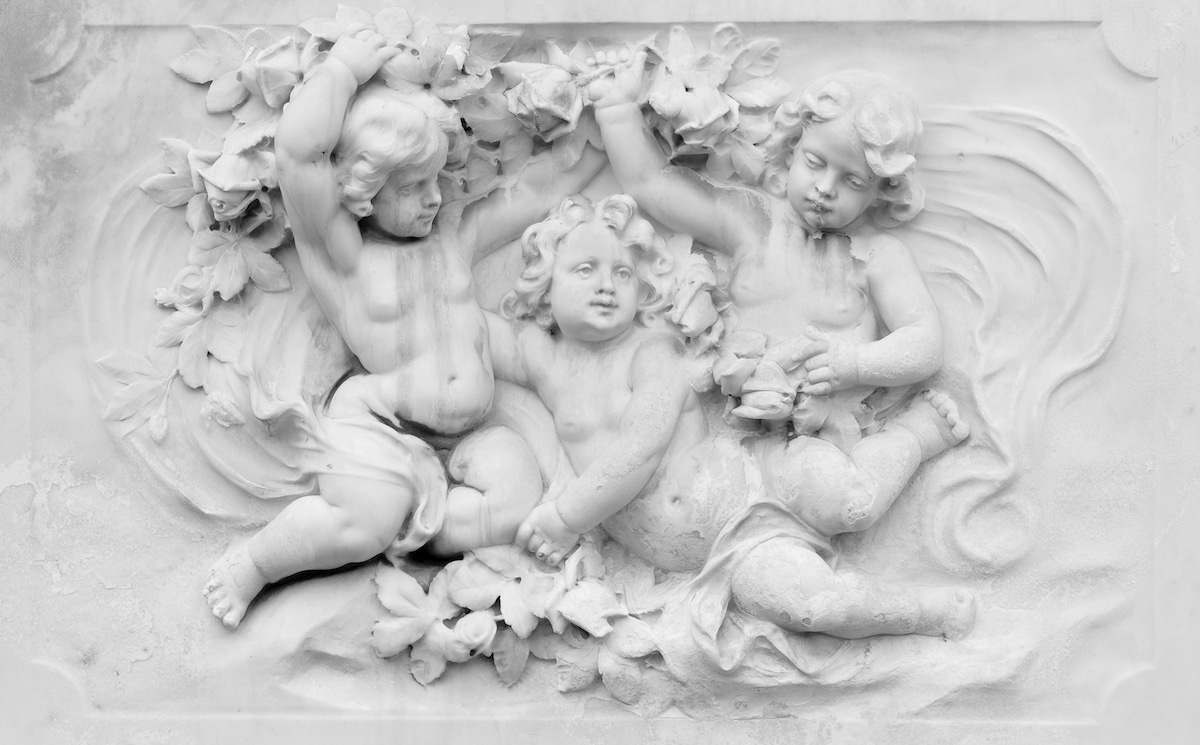
(Photo:Stock Photosfrom Lucian Milasan/Shutterstock)
They were frequently trompe-l’il pieces that fooled the eye into making solid pieces feel that they had more depth.
San Carlo was designed as an addition to a monastery on a small site.
The palace now contains approximately 2,300 rooms in addition to the French gardens and park.
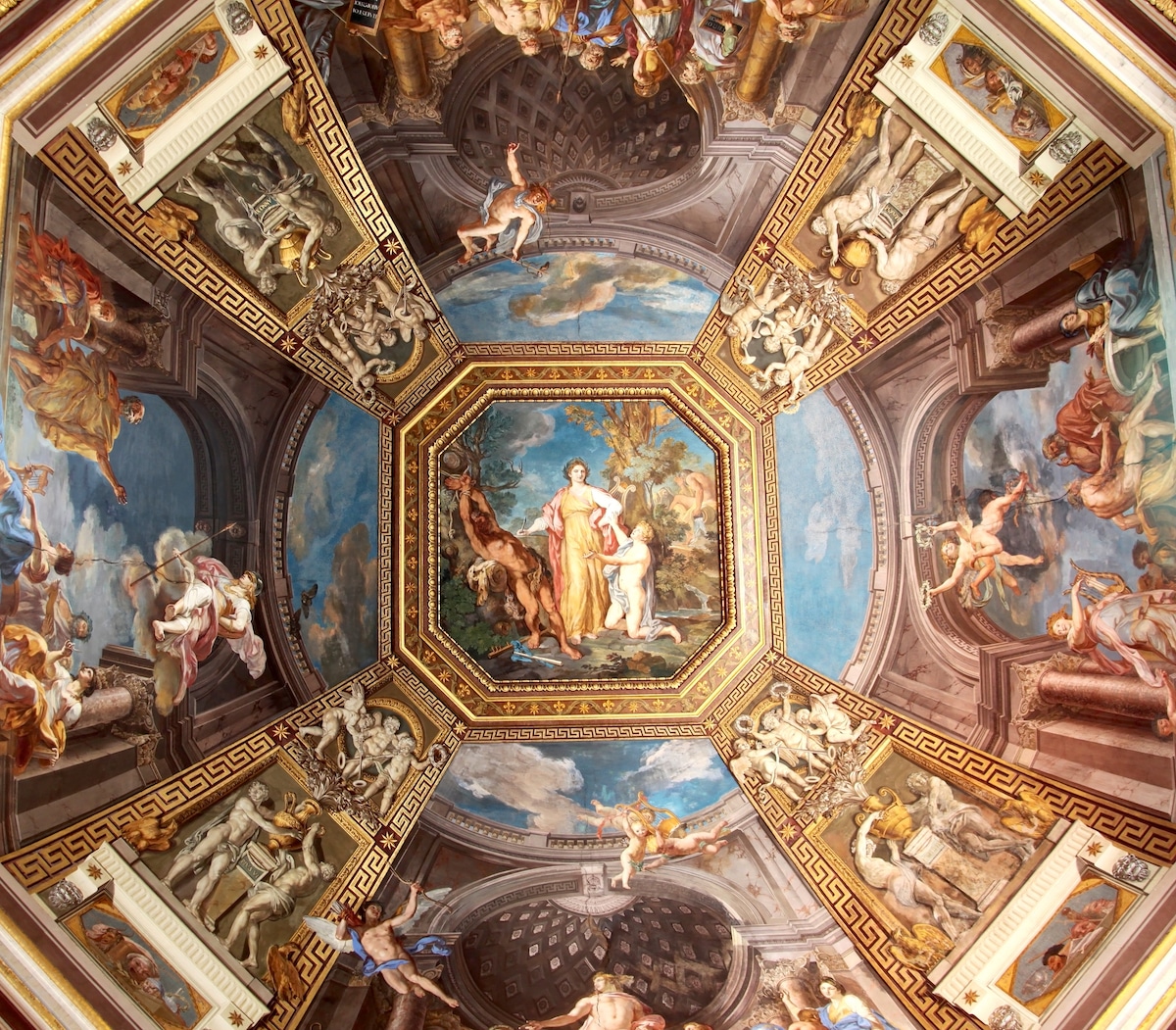
(Photo:Stock Photosfrom muharremz/Shutterstock)
Gian Lorenzo Bernini was considered the most influential architect and sculptor of Baroque design.
The baldacchino is a great example of an architectural element that would have been Renaissance if not for Bernini.
This architects columns were bronze and decorated with leaves and bees.
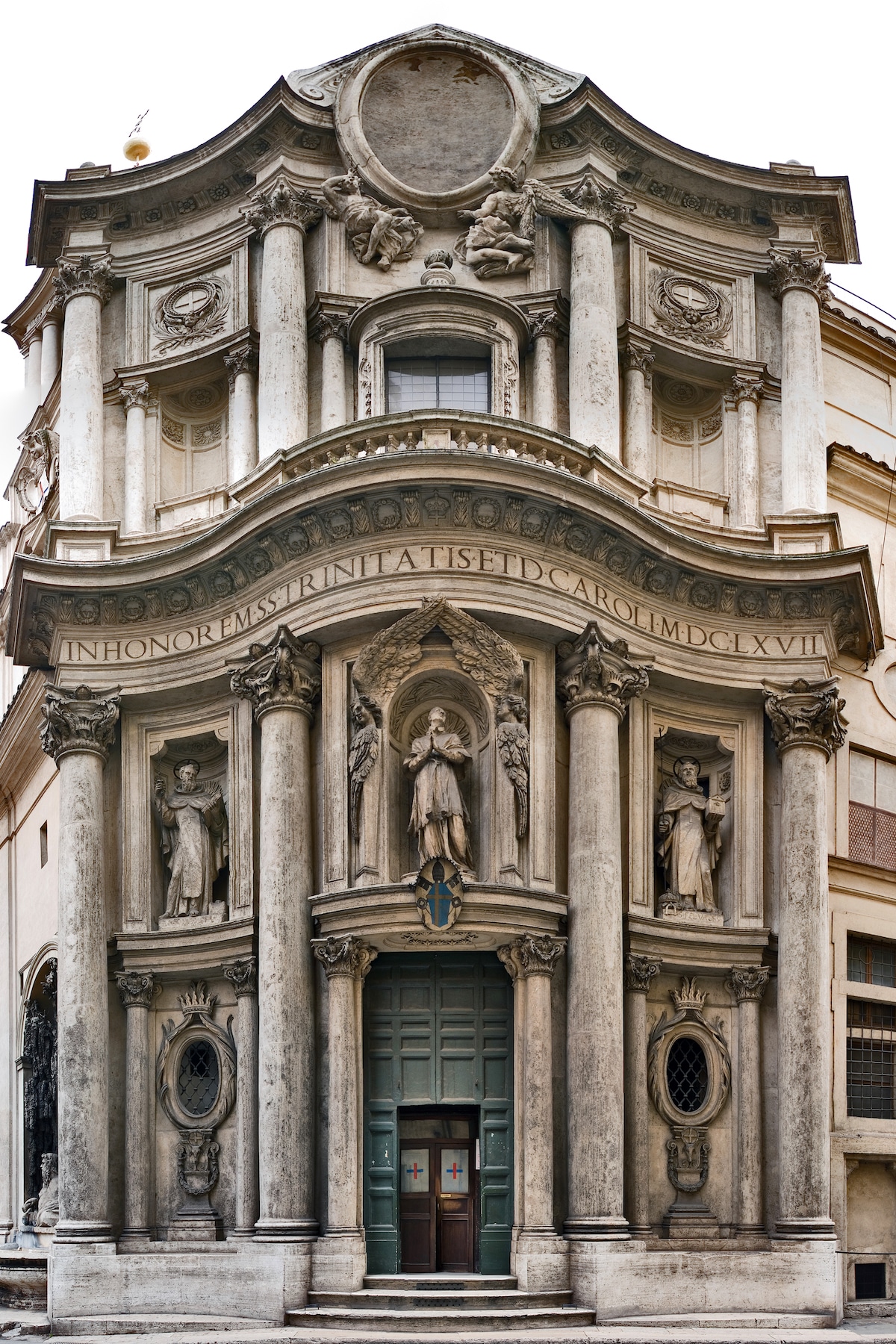
San Carlo alle Quattro Fontane in Rome, Italy (Photo:Stock Photosfrom Khirman Vladimir/Shutterstock)
Curved sculptural pieces replaced more monumental Renaissance elements.
Aside from the architectural scale, Bernini took a Baroque approach to the redesign of the site as well.
The building was designed by architect Guarino Guarini specifically to house this holyrelic.
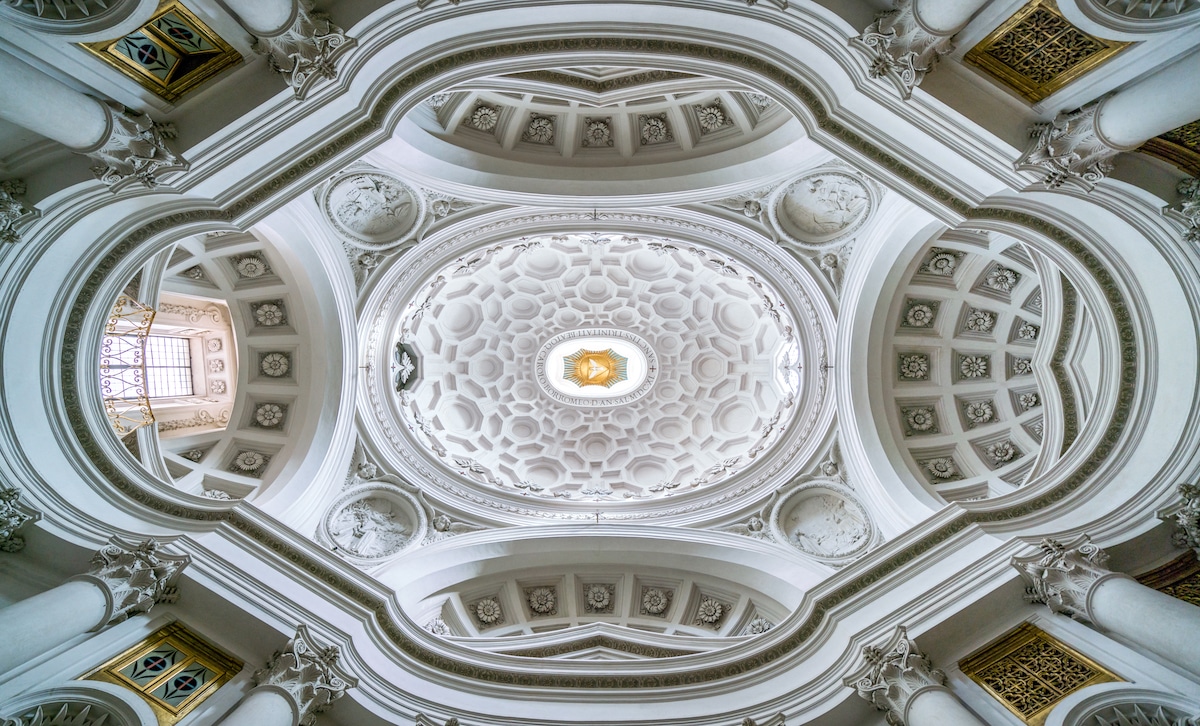
San Carlo alle Quattro Fontane in Rome, Italy (Photo:Stock Photosfrom Stefano_Valeri/Shutterstock)
The chapel would face further bad luck when a fire in 1997 extensively damaged the building.
It is famous for including Napoleans tomb and for the long list of historical events that took place there.
The name comes from its primary function: to create a hospital and retirement for war veterans.
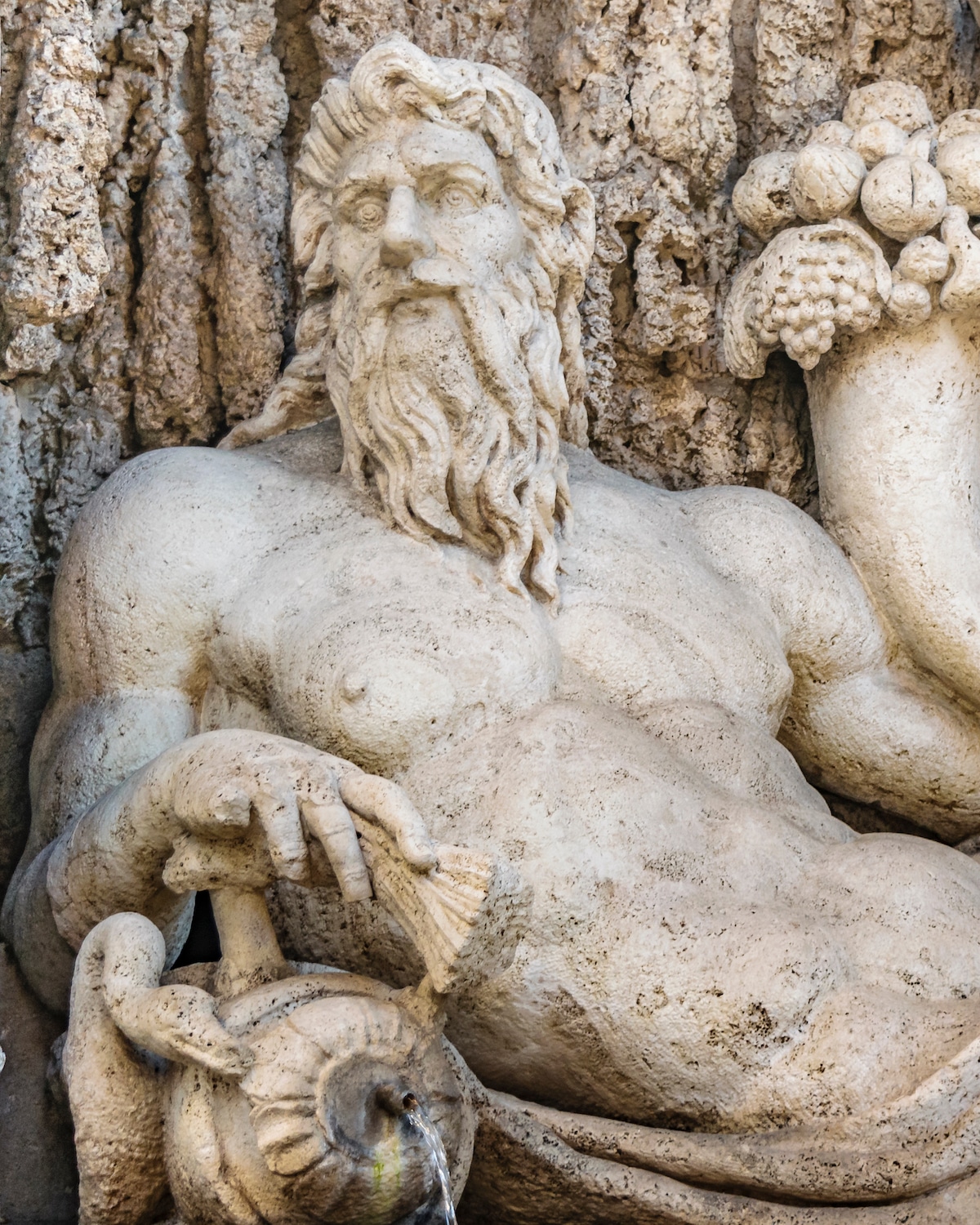
San Carlo alle Quattro Fontane in Rome, Italy (Photo:Stock Photosfrom DFLC Prints/Shutterstock)
This project is also a great example of the French Baroque style also found in the Palace of Versailles.
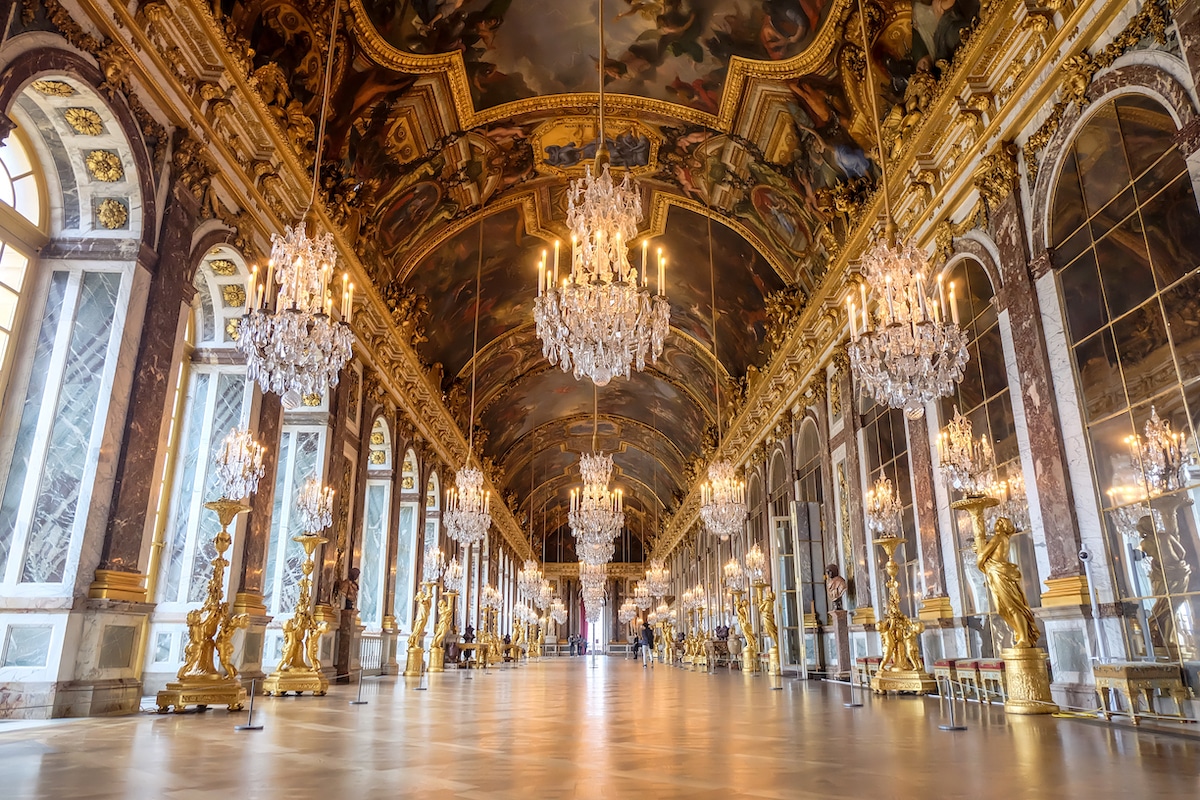
Palace of Verasilles in Versailles, France (Photo:Stock Photosfrom Mister_Knight/Shutterstock)
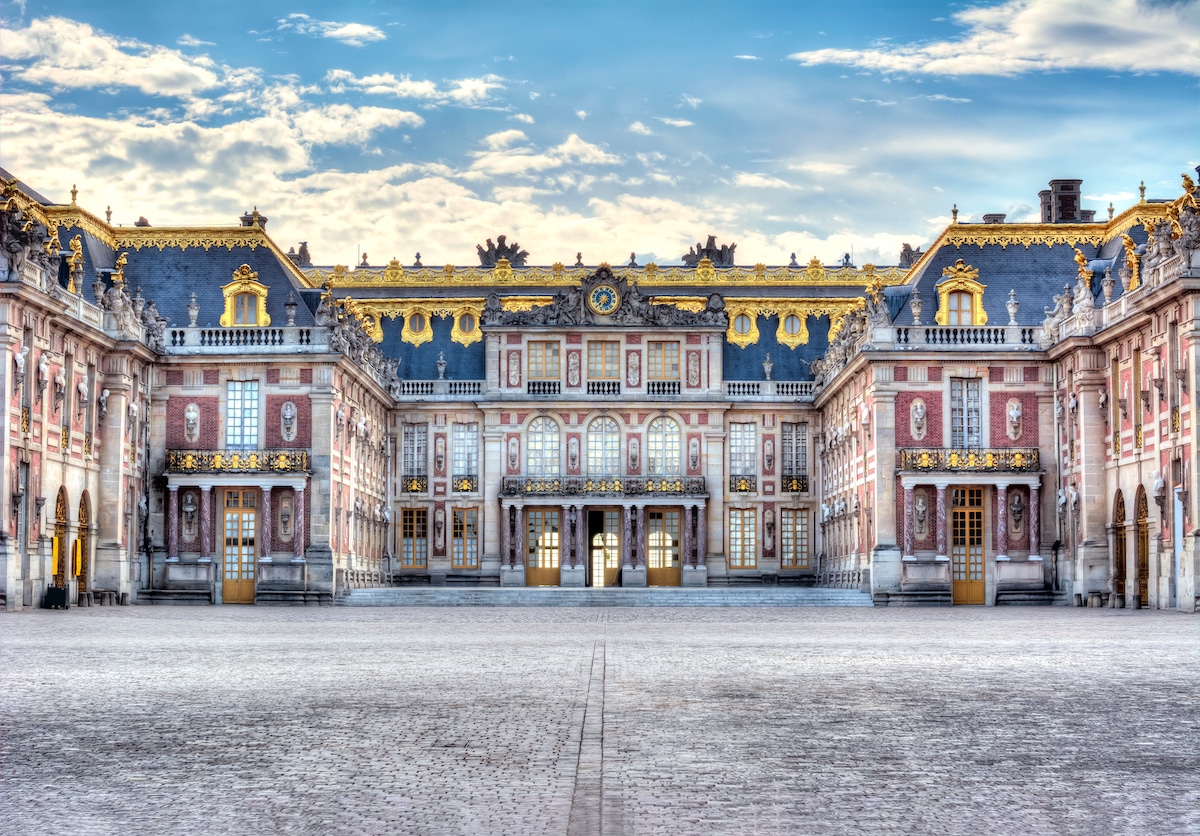
Palace of Verasilles in Versailles, France (Photo:Stock Photosfrom Mistervlad/Shutterstock)
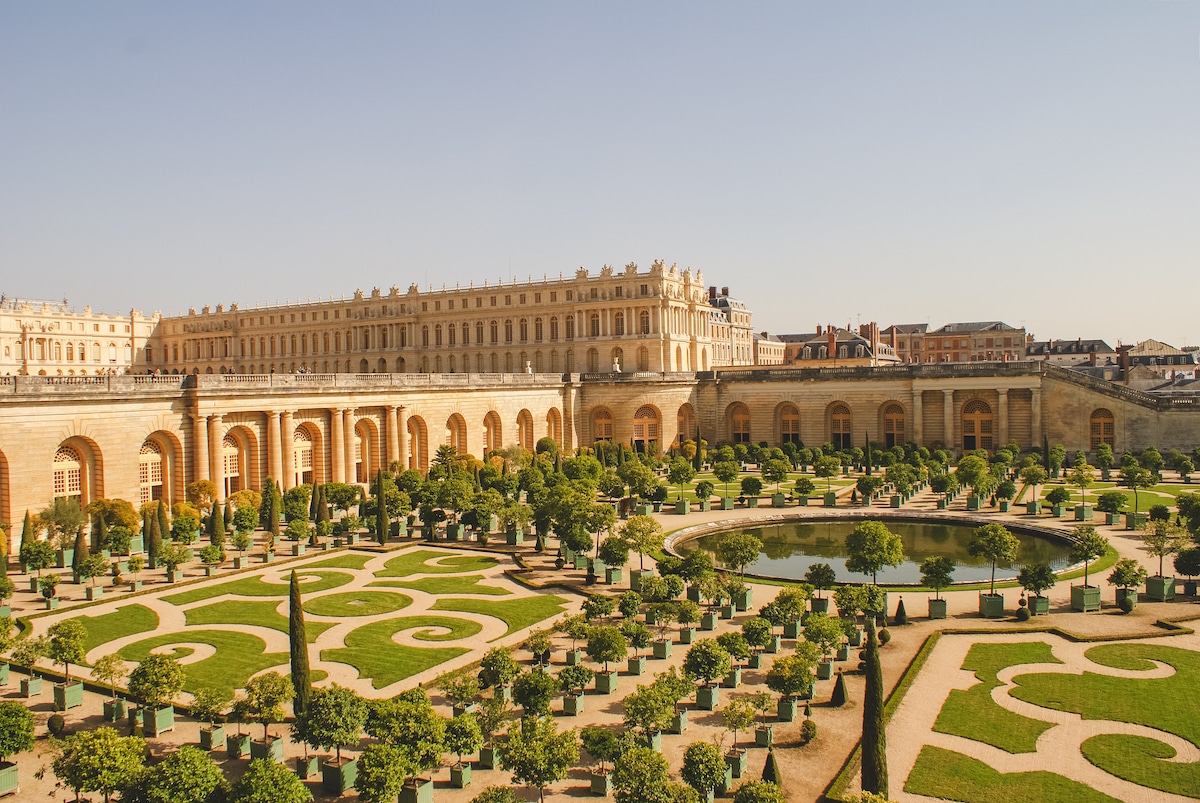
Palace of Verasilles in Versailles, France (Photo:Stock Photosfrom Bartlomiej Rybacki/Shutterstock)
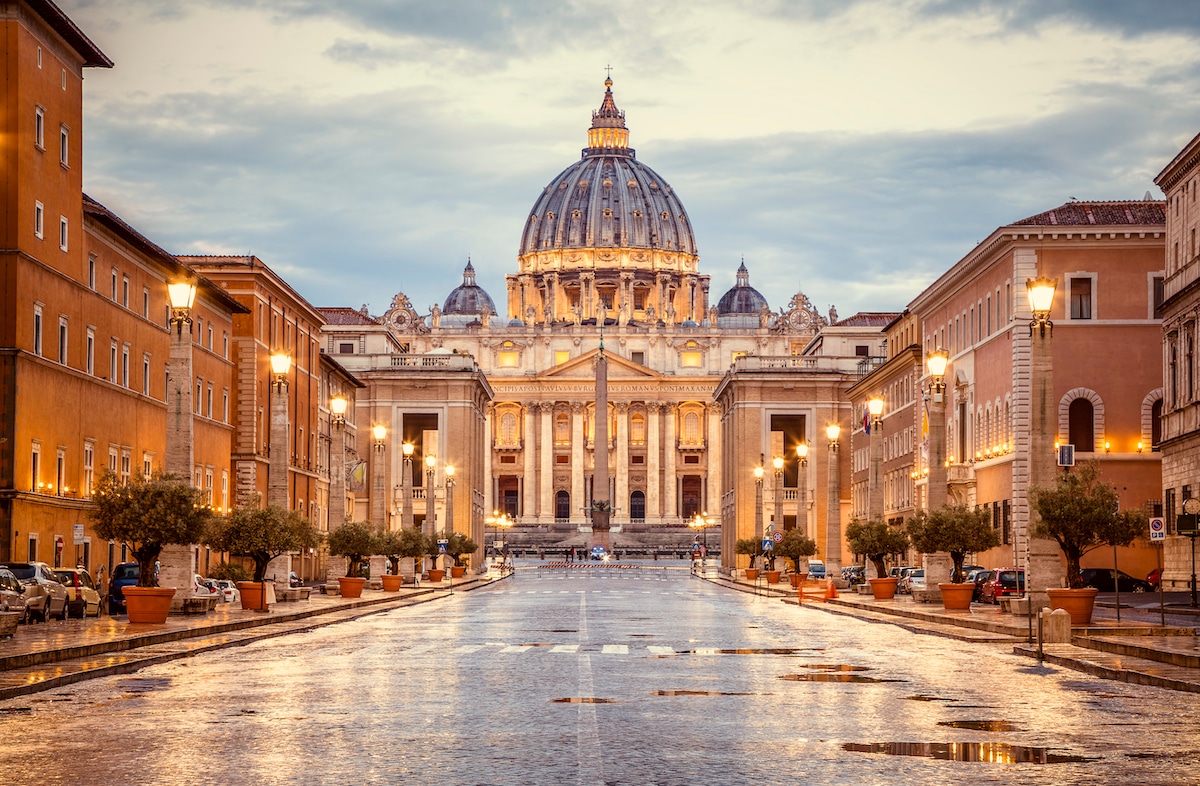
St. Peter’s Basilica in Vatican City (Photo:Stock Photosfrom Vladimir Sazonov/Shutterstock)
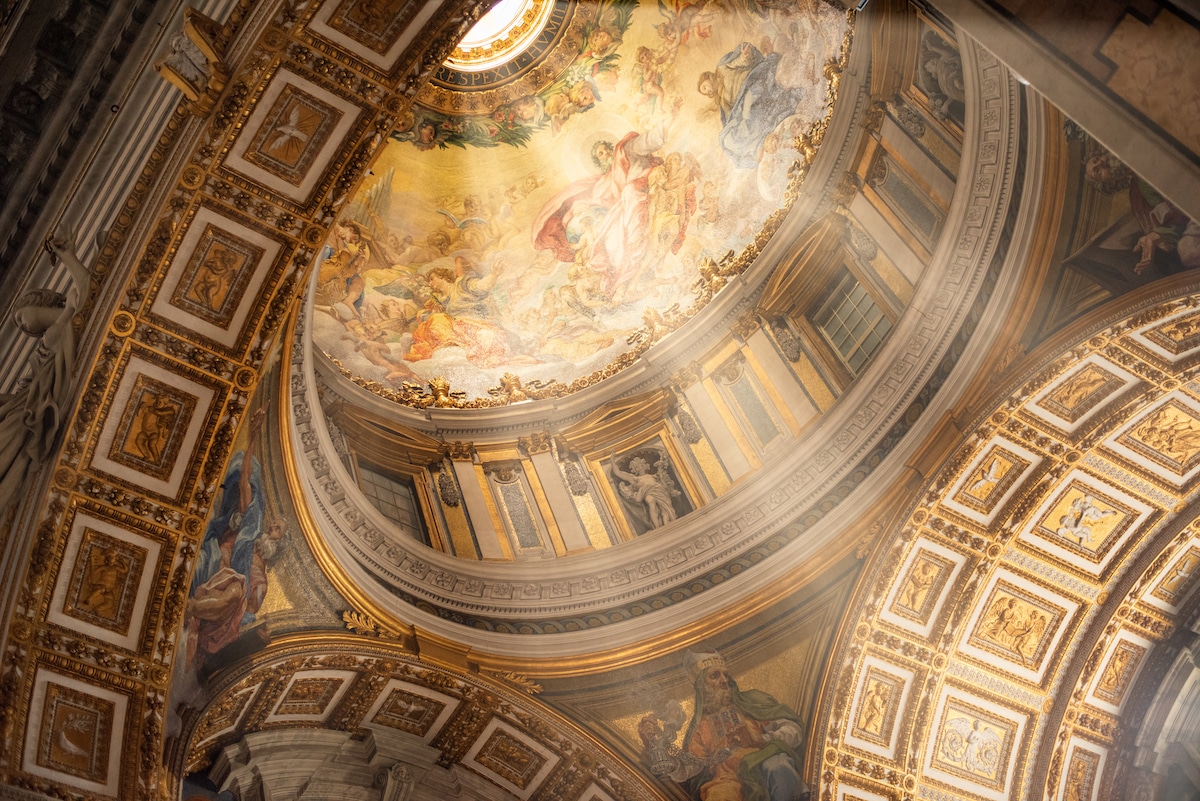
St. Peter’s Basilica in Vatican City (Photo:Stock Photosfrom Mahara/Shutterstock)
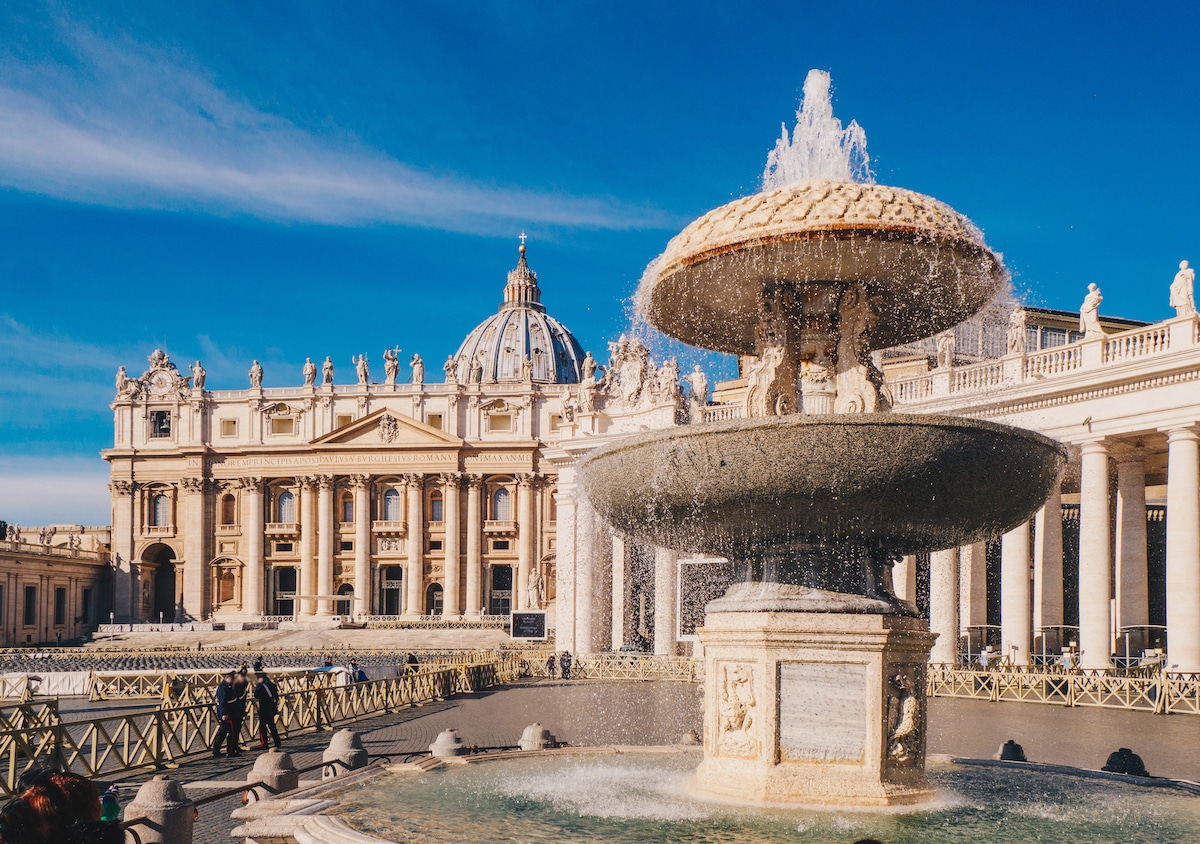
St. Peter’s Basilica in Vatican City (Photo:Stock Photosfrom Calin Stan/Shutterstock)
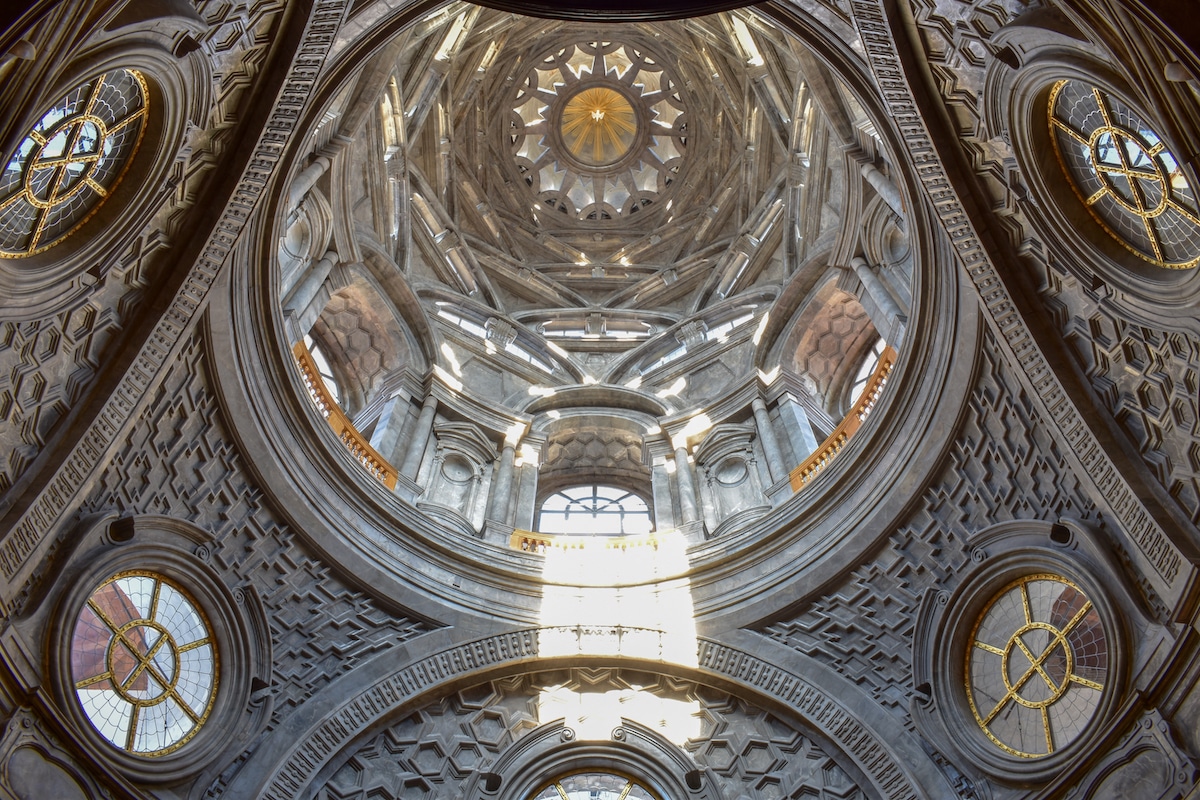
Chapel of the Holy Shroud in Turin, Italy (Photo:Stock Photosfrom Hari Seldon/Shutterstock)
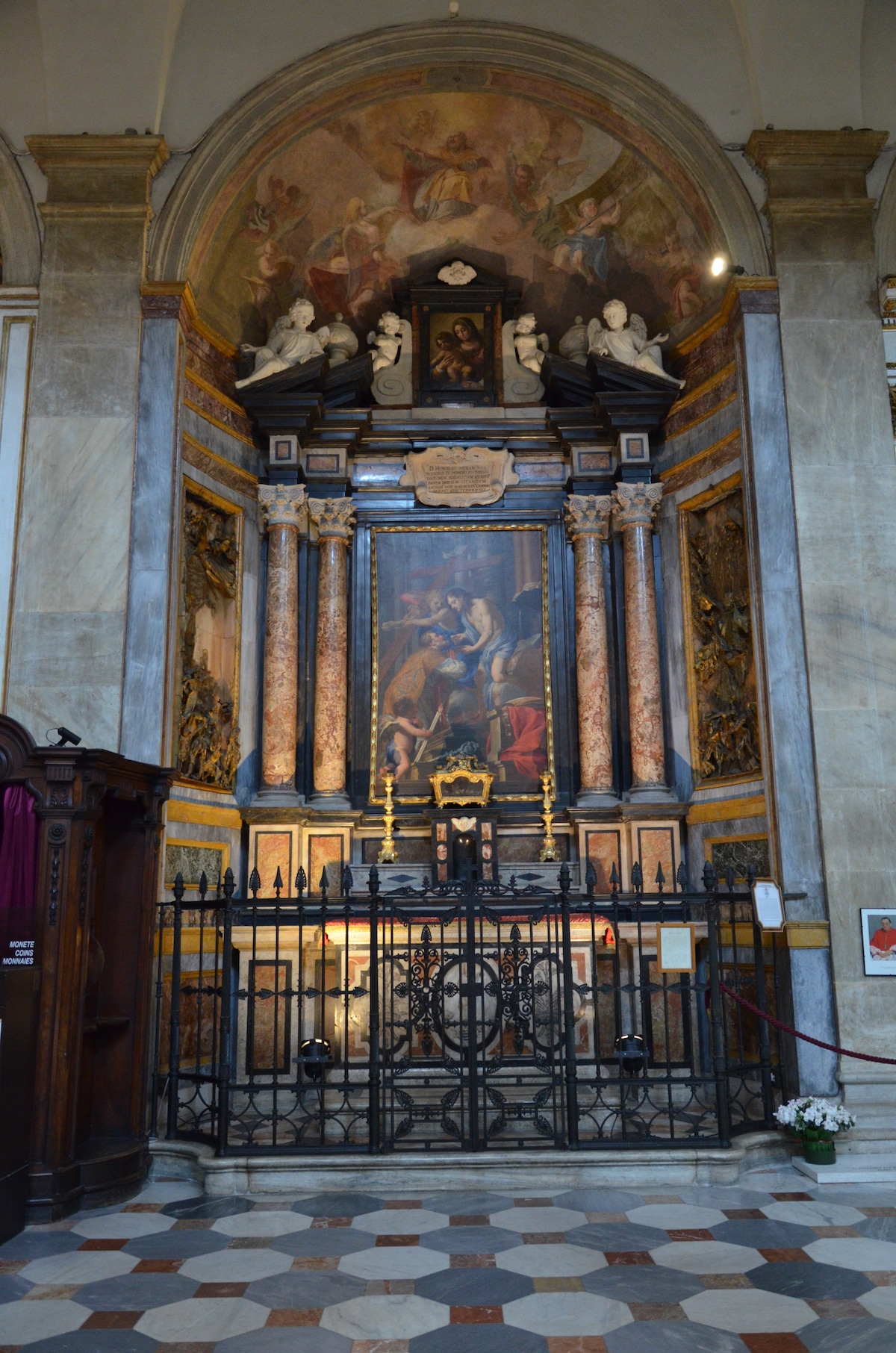
Chapel of the Holy Shroud in Turin, Italy (Photo:Stock Photosfrom D.serra1/Shutterstock)
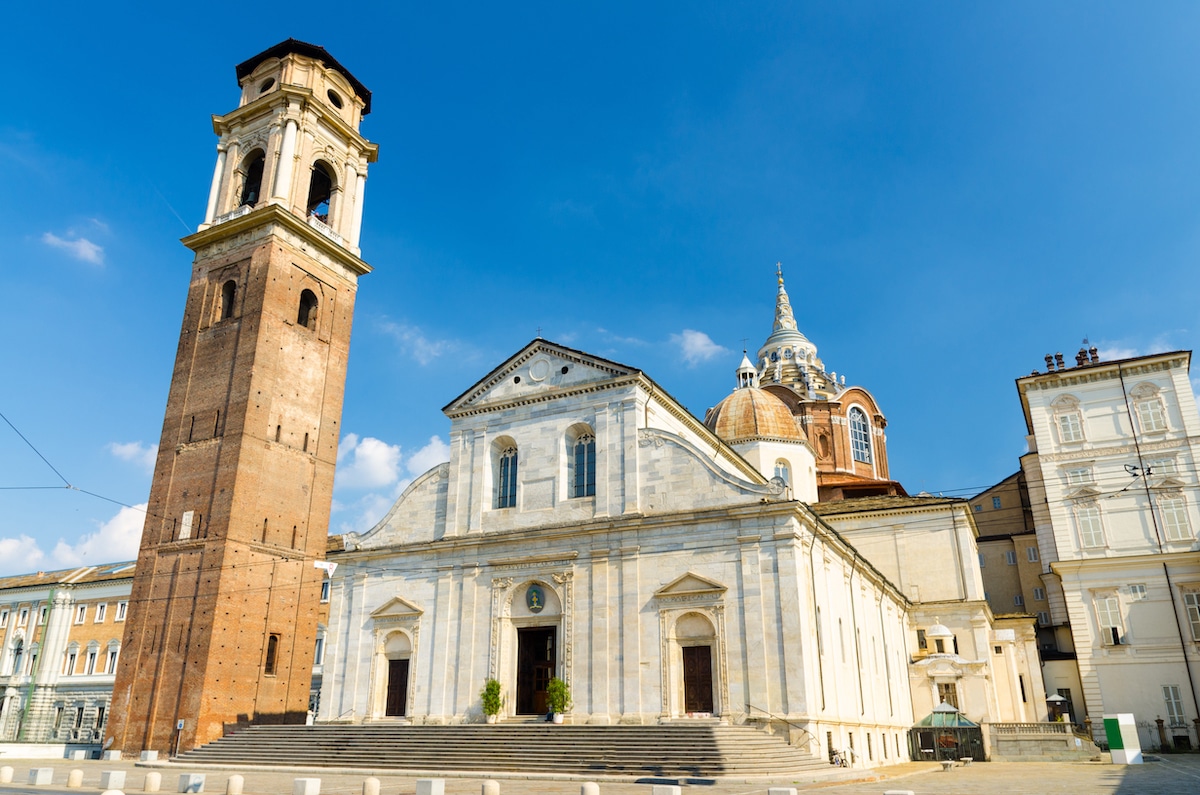
Chapel of the Holy Shroud in Turin, Italy (Photo:Stock Photosfrom Aliaksandr Antanovich/Shutterstock)
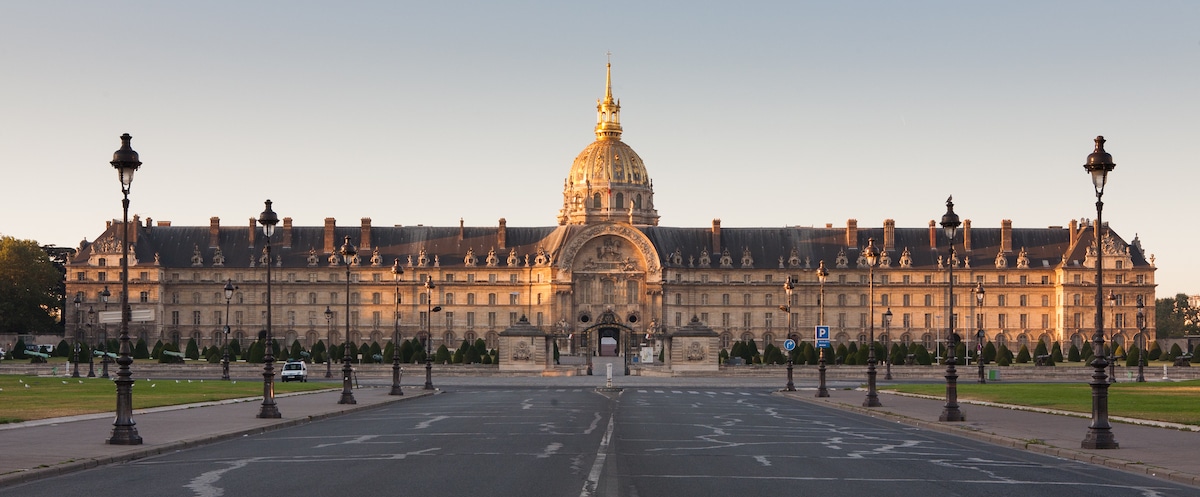
Les Invalides in Paris, France (Photo:Stock Photosfrom RobArt Photo/Shutterstock)

Les Invalides in Paris, France (Photo:Stock Photosfrom Christopher Barles/Shutterstock)
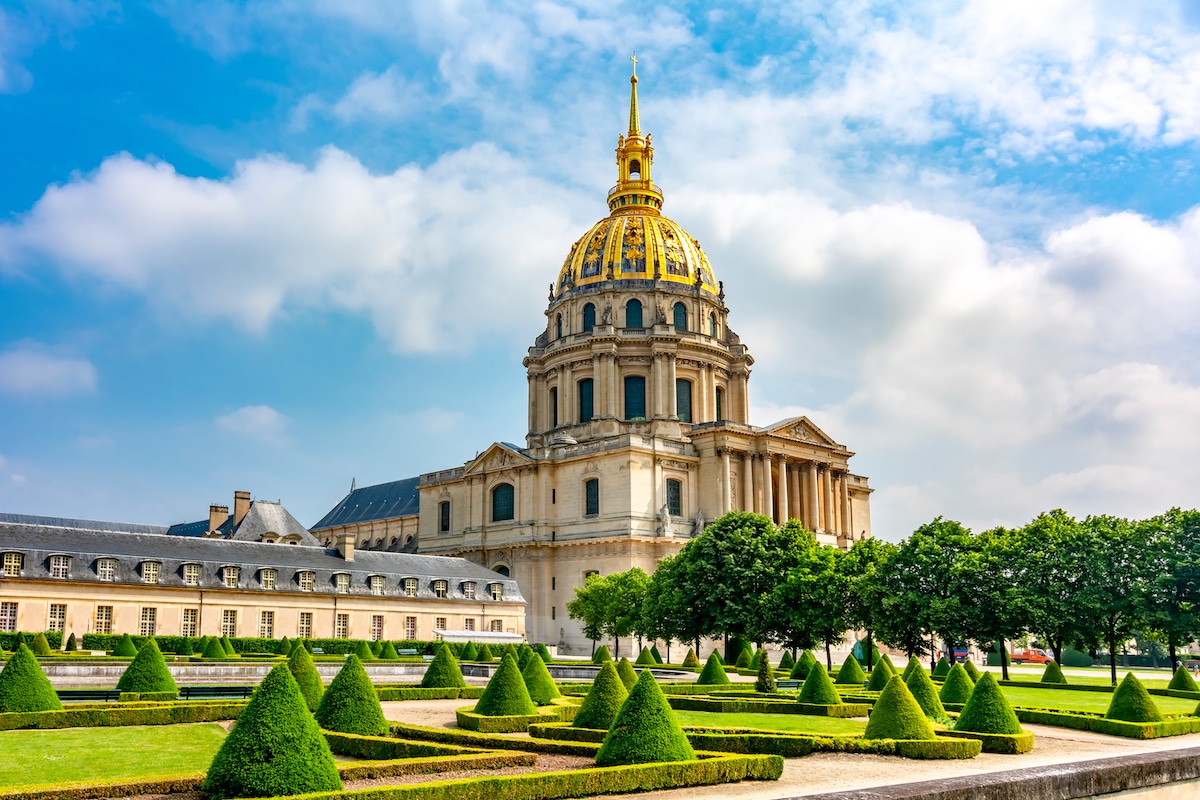
Les Invalides in Paris, France (Photo:Stock Photosfrom Mistervlad/Shutterstock)